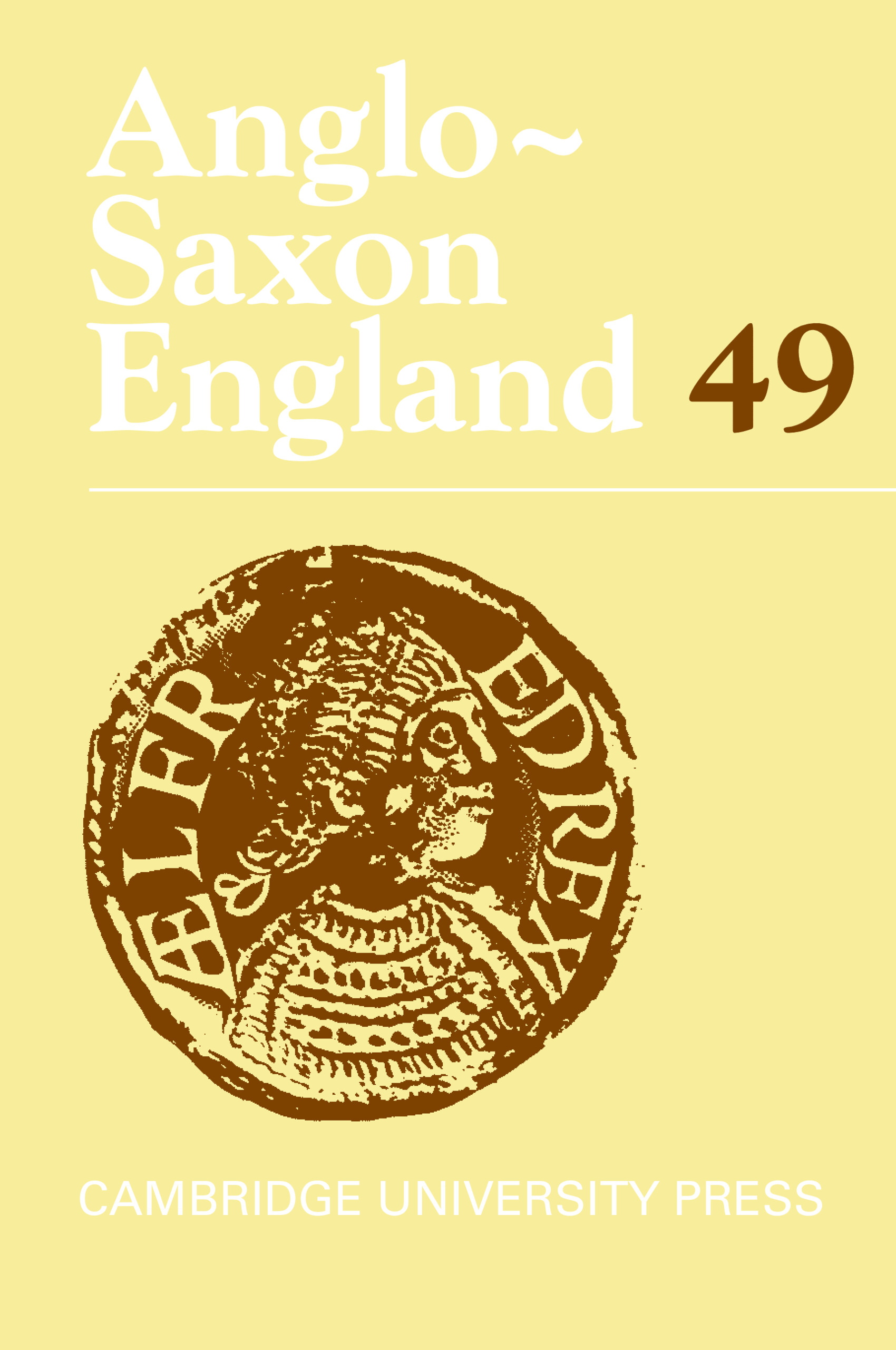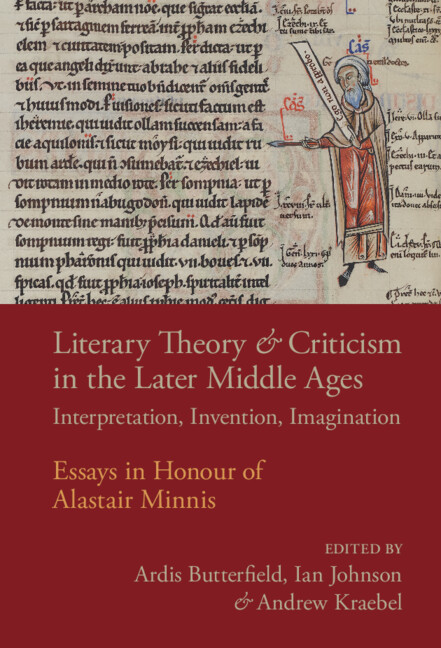Biblical Commentary and Translation in Later Medieval England
Drawing extensively on unpublished manuscript sources, this study uncovers the culture of experimentation that surrounded biblical exegesis in fourteenth-century England. In an area ripe for revision, Andrew Kraebel challenges the accepted theory (inherited from Reformation writers) that medieval English Bible translations represent a proto-Protestant rejection of scholastic modes of interpretation. Instead, he argues that early translators were themselves part of a larger scholastic interpretive tradition, and that they tried to make that tradition available to a broader audience. Translation was thus one among many ways that English exegetes experimented with the possibilities of commentary. With a wide scope, the book focuses on works by writers from the heretic John Wyclif to the hermit Richard Rolle, alongside a host of lesser-known authors, including Henry Cossey and Nicholas Trevet, and many anonymous texts. The study provides new insight into the ingenuity of medieval interpreters willing to develop new literary-critical methods and embrace intellectual risks.
- Presents substantial analysis of a wide range of previously unstudied and unpublished rare manuscript sources, quoted and translated for the first time
- Revises longstanding accounts of medieval biblical commentary, revealing the complexity and creativity of scholastic interpretation
- New analysis of the arrangement of texts on the manuscript page gives fresh insights into medieval scribal practices, textual production, and the relationship between authors and scribes
Awards
Winner, Ecclesiastical History Society's Annual Book Prize for a First Monograph, Ecclesiastical History Society
Reviews & endorsements
‘… these works adapted scholastic exegesis to meet the devotional needs of English readers … Recommended.’ D. A. Brown, Choice
‘This is a highly rewarding book. Kraebel deals with a complex subject with the utmost clarity and competence. He has added important insights and conclusions of his own which enrich our understanding of a field far broader and more interesting than the reformers would admit.’ Alastair Hamilton, Journal of Ecclesiastical History
‘… Kraebel excavates the wider field of scholastic biblical exegesis in fourteenth-century England … Kraebel is to be commended for having reclaimed so much of later medieval England’s biblical commentary from obscurity as well as for having analyzed these texts and their manuscripts so closely and carefully.’ Audrey Southgate, Journal of Medieval Religious Cultures
‘Kraebel’s admirable study does much to help, and to show how those implications might be not reductive, but rather stimulating and fruitful. Potential readers should take the plunge: the rewards justify the effort.’ Daniel Sawyer, Studies in the Age of Chaucer
‘Kraebel’s compelling study is intensely learned, succinct, and marked by careful attention to the manuscript evidence and textual details. At the same time, Kraebel draws convincing conclusions as to the implications of this evidence for our broader understanding of scholastic hermeneutics in fourteenth-century England. This excellent study also reveals the need for further work on many aspects of works such as the Glossed Gospels and Wyclif’s Postilla, and, it is to be hoped, will inspire future research in this crucial field.’ Cosima Clara Gillhammer, Anglia
‘Relatively few scholars … achieve their scholarly reputations not only by dint of hard work and insights but also by doing something few medievalists have the time and opportunity to do: read manuscripts in quantity. On the trajectory of his scholarship to date, to that cohort we can add Andrew Kraebel, who shows that scholarly opinion concerning fourteenth-century English commentary on and translation of the Bible is superficial and often wrong. … [Kraebel] supplies examples of nuanced sophistication on almost every page.’ James H. Morey, Journal of English and Germanic Philology
‘This is a book that specialists will find worth revisiting.’ Patrick Hornbeck, Renaissance Quarterly
Product details
April 2020Hardback
9781108486644
322 pages
235 × 158 × 20 mm
0.65kg
17 b/w illus.
Available
Table of Contents
- 1. Interpretive theories and traditions
- 2. Eclectic hermeneutics: biblical commentary in Wyclif's Oxford
- 3. Richard Rolle's scholarly devotion
- 4. Moral experiments: Middle English Matthew commentaries.









